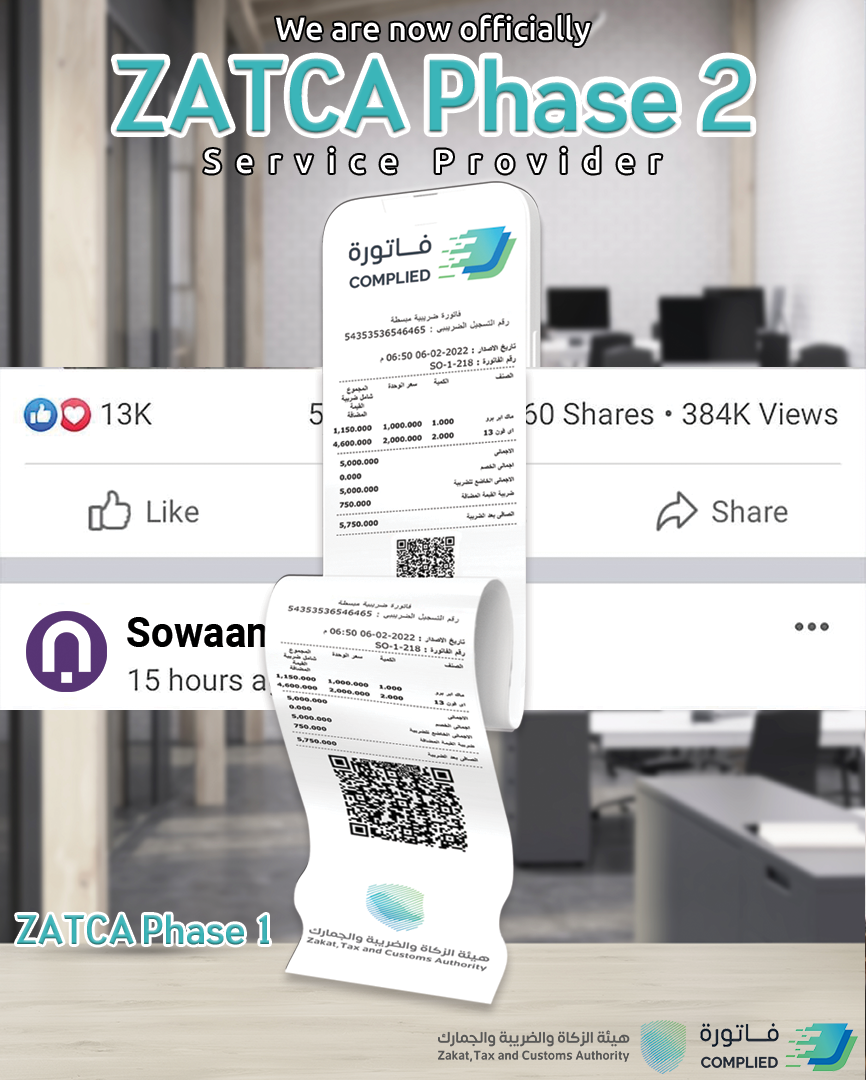In the constantly changing Saudi Arabian digital economy, invoicing no longer represents an easy back-office activity, but a regulatory necessity. With the implementation of the e-invoicing requirement of the Zakat, Tax and Customs Authority, companies are increasingly being pressurized to ensure that each and every invoice is strictly formatted, data, and time-based. Manual invoicing is very prone to human error and could lead to non-compliance, penalty and reputational risks. Automation of the erp in saudi arabia is becoming the major solution to reduce these risks and automate the invoicing process and make it compliant with the requirements of ZATCA all the time.
Realizing the Costly Problem of Invoicing Mistakes:
The old way of doing invoices usually means duplicating data entry, working in spreadsheets, or accountancy systems that do not connect. All these manual processes are prone to error- wrong VAT numbers, invoice totals not matching, or wrong QR codes; all of which are violations that are punishable according to ZATCA regulations. A minor error may cause the rejection of the ZATCA platform, payment delay, or even cause financial penalties.
Moreover, the ZATCA e-invoicing system is already complex as Phase 2 involves real-time data transmissions and more strict validation policies. This transition requires an increased level of precision, openness, and automatization. Companies could not afford to handle manually or use aged systems.
The role of ERP in ZATCA-Compliant Invoicing:
ERP systems are created to unify main business processes such as accounting, inventory, sales and procurement in a single location. Automation of the invoice process in such a landscape will allow companies to decrease the margin of error. The automation will make sure that every invoice is created on real-time and validated data and formatted instantly to the required XML schema of Zatca e-invoicing Saudi Arabia.
Automated ERP systems too have stable data structure and have compliance rules that are imposed before an invoice is issued itself. This pre-validation system assists in identifying the mismatches in tax values, customer information, or product codes, which otherwise may result in ZATCA rejection. Also, the latest ERPs incorporate digital signatures, auto-generation of required QR codes, and direct connection with the Fatoora portal of ZATCA to facilitate instant reporting and acknowledgment.
Creating Less Human Dependant Compliance:
One of the major causes of non compliant invoicing is human error. No matter the reason, typo, omission, or oversight, there are too many chances of mistakes that are too expensive to be done on the basis of manual invoicing. ERP automation minimizes this reliance by allowing pre-determined workflows that are consistent, rule-based, and constantly revised in accordance to changes in regulations.
Real-Time Reporting and the Earlier Reponse to Errors:
Monitoring and alerts in real time is also supported by a well integrated ERP system. In case a non-compliant invoice is detected or rejected by ZATCA, a business may learn about it at once, see the problem, and fix it using the ERP interface. This minimizes down time and makes it easy to resolve, and uphold the integrity of financial reporting.
Future Proofing against Regulatory Changes:
Saudi Arabia is well on its way to a digital and data-driven regulatory compliance as it completes its Vision 2030 transformation. Companies which implement ERP automation now are getting themselves ready not only to comply with existing ZATCA requirements, but also to rapidly adjust to any changes in the future policies.
New tax regimes, real-time abilities to audit and increased e-invoicing requirements all have one thing in common; ERP systems allow businesses to be flexible enough to adjust to new demands.
Final Thoughts:
Reduction of invoicing errors is not all about operational efficiency but rather guarding your business against regulatory exposure in a highly regulated environment. As the future of taxation in Saudi Arabia is determined by the requirements of ZATCA, the automation of the ERP is the most credible way to invoice without errors and in compliance with the requirements.
With the help of ERP systems, which are perfectly compliant with the rules and regulations of ZATCA, companies can guarantee the accuracy of their invoices, prevent any penalties, and have a smooth and automated process of invoicing which will not only sustain long-term growth but also allow complying with the rules and regulations of ZATCA.
